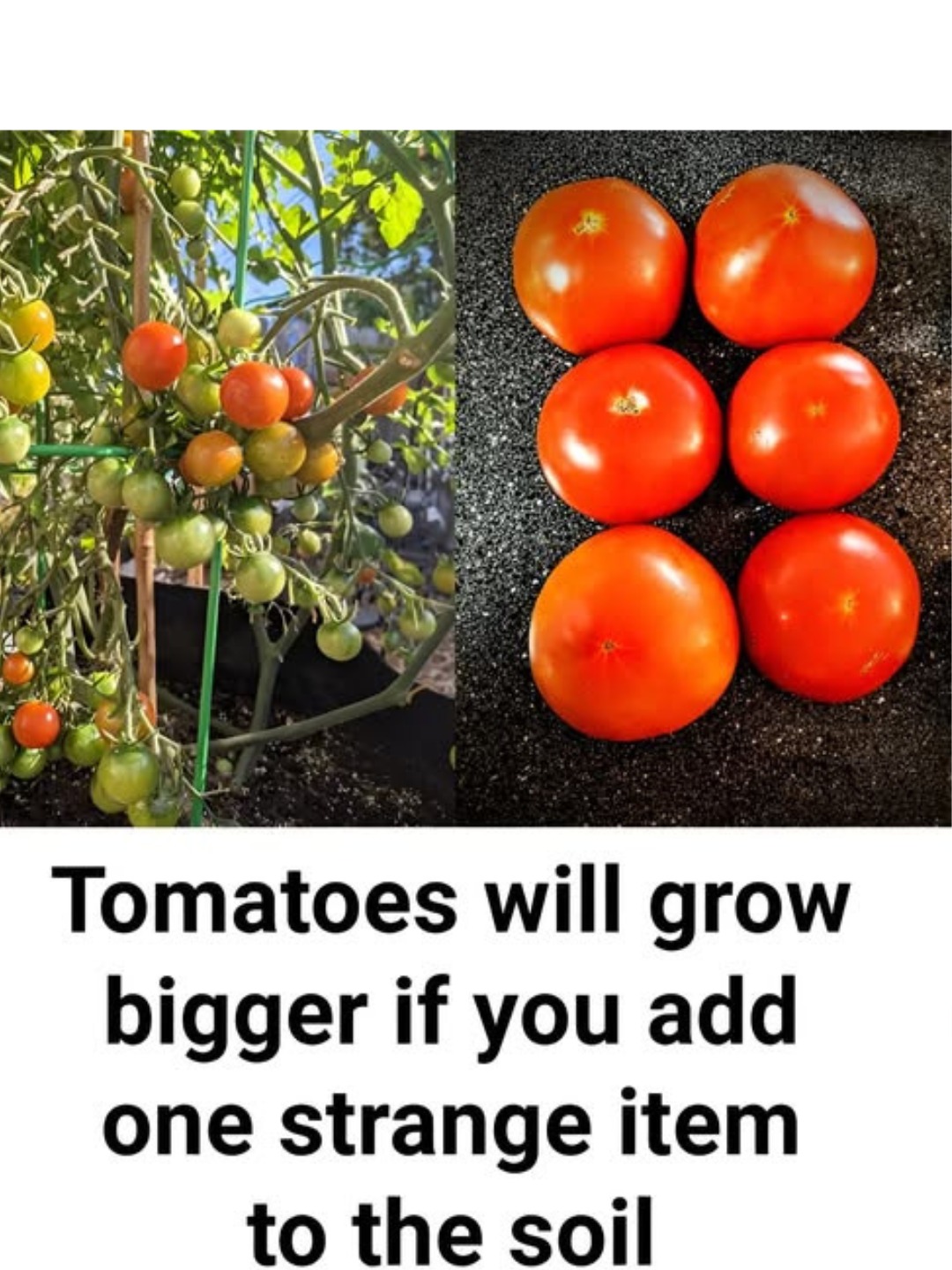Moderate nitrogen – enough for growth, but not so much that you get all leaves, no fruit
Unlike synthetic fertilizers that give plants a sugar rush — then burn out — composted manure releases nutrients slowly and steadily.
It’s the difference between junk food and a balanced meal.Best restaurants near me
More Than Just N-P-K: A Full Soil Multivitamin
Beyond the basics, composted chicken manure is packed with:
Calcium – prevents blossom end rot in tomatoes
Magnesium – essential for photosynthesis (hello, green leaves!)
Sulfur – boosts flavor in onions and alliums
Micronutrients – zinc, iron, copper, manganese — all in natural, plant-ready forms
It’s like giving your garden a daily multivitamin — not just a quick fix.
It Builds Better Soil — Not Just Better Plants
This is where it really shines.
Composted manure:
Improves soil structure – makes clay less dense, sand more moisture-retentive
Boosts microbial life – feeds the good bacteria and fungi that help plants absorb nutrients
Increases water retention – so you water less, and plants stay hydrated longer
It doesn’t just feed your plants this season.
It enriches your garden for years.
And No, It Doesn’t Smell (When Done Right)
Fresh chicken manure? Yes — it stinks.
But composted chicken manure?
After 6–12 months of proper composting:
Pathogens are killed
Ammonia burns off
Odors disappear
What’s left is a rich, dark, crumbly soil amendment that smells like a forest after rain — not a barnyard.
Pro Tip: Always use fully composted manure — never fresh. Fresh manure can burn plants and carry harmful bacteria.
How to Use It for Tomatoes, Peppers & Onions
For Tomatoes
Mix 2–3 inches of composted manure into the planting hole
Top-dress with a thin layer mid-season
SEE NEXT PAGE
ADVERTISEMENT

